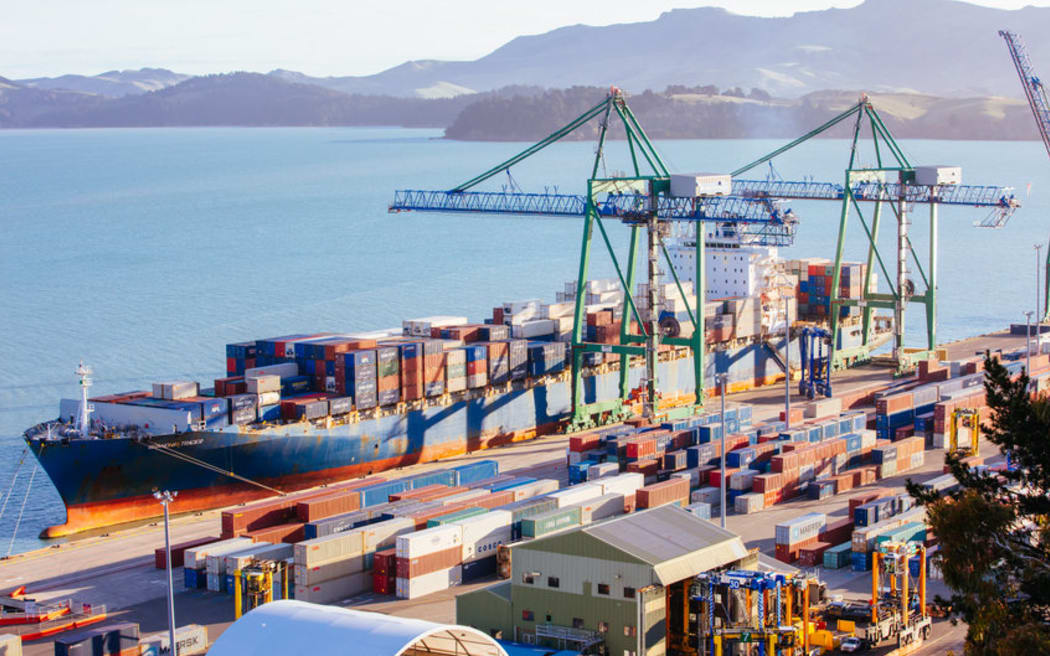
The EU's carbon border adjustment mechanism imposed a cost on embedded emissions in certain carbon-intensive exports to the EU. Photo: 123rf
Exporters, big and small, are under pressure to meet international standards and expectations on sustainability and climate change adopted in New Zealand's major markets.
More than 80 percent of New Zealand's exports by value were sent to countries with mandatory climate-related disclosures in force or proposed, a free report commissioned by legal firm Chapman Tripp by the Aotearoa Circle titled Protecting New Zealand's Competitive Advantage indicates.
For example, the European Union's (EU) carbon border adjustment mechanism (CBAM), which came into force in late 2023, imposed a cost on embedded emissions in certain carbon-intensive exports to the EU.
While the CBAM does not immediately affect New Zealand exports it has the potential to affect market behaviours.
The EU's Deforestation Regulation could also affect New Zealand exporters if not navigated successfully.
Chapman Tripp Partner and report co-author Nicola Swan said the extent of the changes and how fast they were happening might surprise some, including environmental, social and governance (ESG) reporting and climate-related disclosures (CRD).
"New Zealand is heavily dependent on trade and offshore capital - we cannot afford to fall behind on increasing global demands for reporting on climate risk, GHG (green house gas) emissions and broader ESG capability," she said.
As well as trade measures and local regulations, those requirements may include clauses in free trade agreements (FTAs) which focus on climate and environmental standards.
Aotearoa Circle chief executive Vicki Watson said the scale of the requirements was a revelation.
"As an organisation built to focus on the restoration of natural capital, we are well aware that rapid change is happening in ESG reporting worldwide, at both a government and major customer level. But seeing a snapshot of these all in one place is telling," Watson said.
"Over 60 percent of world GDP is now subject to mandatory CRD measures, either proposed or already in force. This is a trend that is not going away."
Chapman Tripp Partner and report co-author Alana Lampitt said exporters would need to meet requirements demanded by overseas customers subject to mandatory CRD, with implications for big and small exporters.
"That customer is likely to look to its supply chain to provide information to support its disclosures and may in turn impose expectations on its New Zealand supplier to meet its own overseas regulatory obligations or voluntary targets. Failure to do so could put the business relationship at risk," Lampitt said.
Fonterra director of global sustainability Simon Tucker said the number of customers with science-based climate targets was growing.
"Many other exporters will be in a similar position," Tucker said, adding the report offered a strategic approach to the challenges facing exporters.






